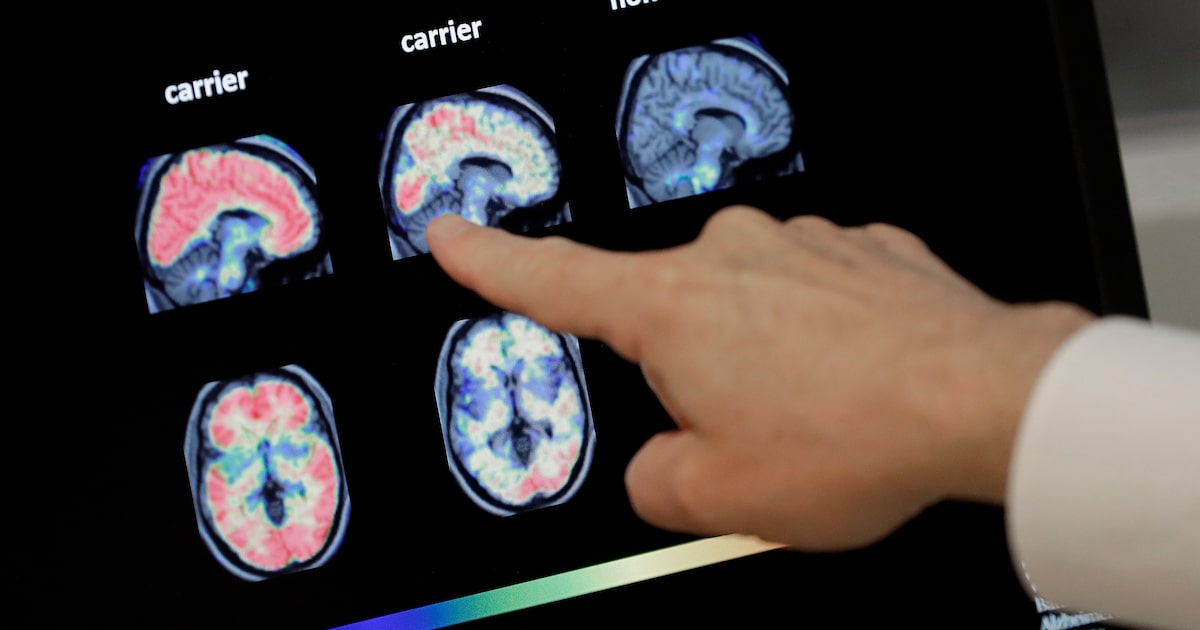Texas is getting older. Not the state itself, but those of us who call it home. The number of Texans age 65 and older has grown faster than any other age group. This shift in population comes with the sobering and urgent reality that age remains the greatest risk factor for Alzheimer’s disease.
Today, 460,000 Texans live with Alzheimer’s disease, and more than 1 million serve as caregivers for someone living with dementia. Many caregivers are family members — spouses and children — who bear the heartache and financial burden of caring for loved ones, some of whom require daily assistance with eating, bathing and dressing. Many people living with dementia eventually require 24/7 supervision in a secure environment to ensure their safety.
The Lone Star State has some of the highest rates of Alzheimer’s in the nation, and those rates are expected to increase. Beyond the personal toll this disease takes on people and their caregivers, the cost to the state’s Medicaid program is a staggering $4.3 billion each year.
And yet, there is hope. Texans have a historic opportunity to change the course of this disease.
Opinion
This spring, in a moment of bipartisan unity, the Texas Legislature created the Dementia Prevention and Research Institute of Texas to accelerate innovation in dementia research. The initiative, modeled on the successful Cancer Prevention and Research Institute of Texas, passed with overwhelming bipartisan support. Now, it comes to us, the voters, on Nov. 4, as Proposition 14.
Prop 14 asks us to do something bold: Invest $3 billion from the state’s surplus revenue over the next decade in research and prevention. If passed, it will be the largest state-funded dementia research program in America. It will draw on the best of Texas — our universities, our medical centers, our scientists — and make this state the gold standard in the fight against a disease that touches millions of families.
How do I know Texas is the ideal state to lead this fight? I have the privilege of leading the Alzheimer’s Association — the largest nonprofit funder of Alzheimer’s research in the world and a community of people living with dementia, tireless advocates, families and caregivers who are deeply affected by Alzheimer’s and other dementias. I am also a Texan.
Running a global organization from right here at home, I see firsthand the dedication of so many Texans caring for loved ones. I know the incredible wealth of scientists, researchers and doctors in Texas who can make a significant difference in the course of this disease if given the opportunity. I’ve seen our state leaders’ commitment to put Texans first. And we’ve done this before with cancer — we have a successful model to follow and system partners ready.
The Alzheimer’s Association is prepared to help make Texas the epicenter of dementia research. As an early champion, we plan to provide matching funds and offer guidance and support to ensure this ambitious and important initiative succeeds.
But first, we need Texans to show up and vote Yes on 14. It’s likely that this is personal for you. Every one of us knows or has known someone with dementia, whether a family member, neighbor, friend or co-worker.
The opportunity is here: Early voting began Monday, with Election Day on Nov. 4. Texas may be getting older, but we’re also getting wiser. The smartest thing we can do for our state is take the lead on the fight against dementia by voting Yes on 14.
Joanne Pike, doctor of public health, is the president and chief executive of the Alzheimer’s Association.

